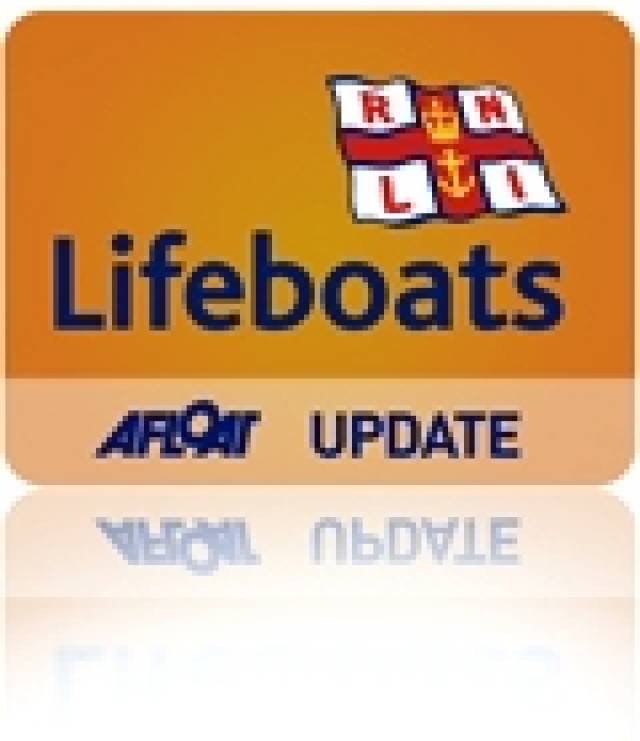#rnli – The RNLI will be recognised this weekend during a frontline emergency and security services spectacular in Dublin.
Volunteers from the charity which saves lives at sea will take part in a unique parade aimed at raising awareness of Ireland's frontline services.
The parade from Civic Offices, Wood Quay to the Royal Hospital Kilmainham will commence at 12 noon this Saturday (6 September). It will bring together members of the RNLI, Dublin City Council Fire Brigade, Civil Defence, The Irish U.N. Veterans, O.N.E. The Navy Veterans, An Garda Siochána, National Ambulance Service, the Irish Coast Guard, The Irish Prison Service, Saint John's Ambulance and the Order of Malta.
The parade will coincide with an open day in Royal Hospital Kilmainham from 12-5pm.
In what promises to be a spectacular display in Dublin city centre, spectators will see a number of marching bands, colour parties and vehicles. The parade will be welcomed by a guard of honour of veterans on arrival at Kilmainham where participants will present for family, friends, members of the public and dignitaries. Members will display their specialist skills and expertise, performing drills and demonstrating the tactical equipment used by emergency services personnel in the performance of their duties. Some live displays will also take place on the day.
The Frontline Emergency and Security Services Eire Forum (FESSEF), was formed to promote communication, co-operation and friendship among national security and emergency services personnel.
Speaking ahead of the event, Owen Medland, RNLI Divisional Operations Manager said: 'The RNLI is delighted to be part of this spectacular event. Our volunteer crew members are highly trained and skilled to save lives at sea and regularly work alongside our colleagues in the emergency service in search and rescue. This event is not only an opportunity to recognise the role of our frontline services but also a way to say thank-you to the public who give so generously.'
FESSES chairman Seamus O'Neill said: 'The event will give members of the public an opportunity to meet with personnel from frontline services in an off duty setting, experience their specialist skill sets at first hand and get up close and personal with their tactical vehicles and equipment. It also gives the services an opportunity to acknowledge and show their appreciation for the ongoing support they receive from the members of the public and especially from their family members.'
Christy Burke, Lord Mayor of Dublin added: 'Dublin City Council is proud to be supporting this event. The work of the men and women of the frontline and emergency services organisations, including our own Fire Brigade and Civil Defence, is invaluable to this City and State and their fearless dedication to our citizens is incomparable. On behalf of Dublin City Council, I wish them well with this event and their future endeavours.'































































